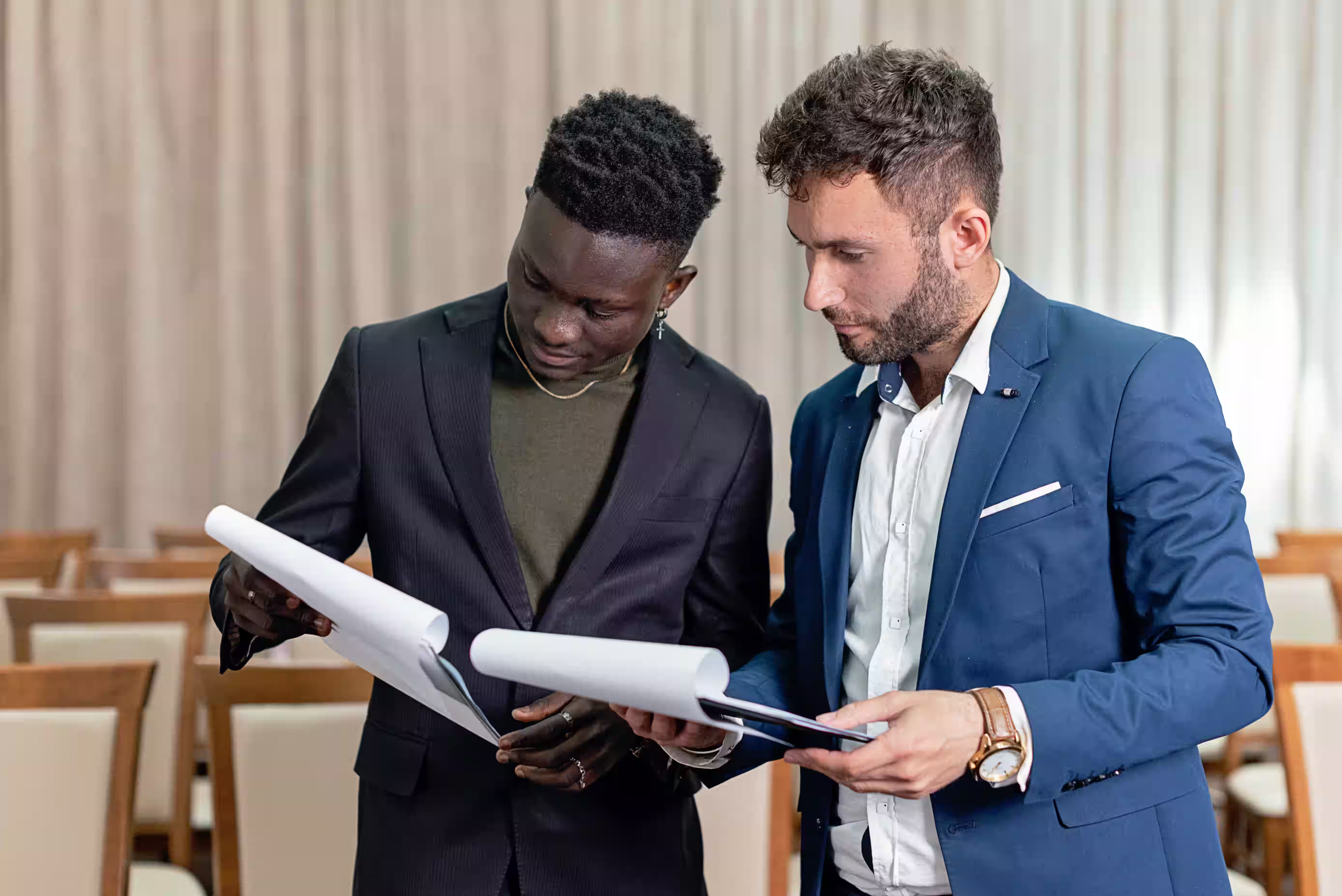
If you are facing a DMV hearing, it's important to understand who conducts the hearing and what to expect from the process. A DMV hearing is an administrative hearing that is conducted by the Driver’s Safety Offices or “DSO”s. The purpose of the DMV hearing is to determine whether or not the driver's license should be suspended, revoked, or restricted.
In this article, we will explain who conducts a DMV hearing, what to expect from the process, and the difference between a hearing officer and an attorney or judge.
The Driver’s Safety Office or “DSO” is a state agency that is responsible for conducting DMV hearings. The DSO is the agency that schedules and holds the hearing. The hearing itself is conducted by a hearing officer, who is an employee of the DSO. The DSO is not a court of law, but an administrative agency that is responsible for enforcing the rules and regulations of the DMV.
The hearing officer is the person who conducts the DMV hearing. The hearing officer is an employee of the DSO and is responsible for making a decision based on the evidence presented during the hearing. The hearing officer is not an attorney or judge, but rather an administrative official who has been trained in DMV hearing procedures. The hearing officer's role is to listen to the evidence presented and make a determination based on the facts of the case.
The hearing officer is not required to have a legal background, which is a significant difference between a DMV hearing officer and a judge or attorney. While the hearing officer has knowledge of the DMV's rules and regulations, they may not have the same level of understanding of the law as an attorney or judge would.
The role of the hearing officer is to conduct a fair and impartial hearing. They are responsible for ensuring that all parties have an opportunity to present their case and that all evidence is considered. The hearing officer will ask questions of the parties involved and make rulings on evidence and procedure.
One of the significant differences between a hearing officer and an attorney or judge is their legal background. A hearing officer is not required to have a legal background, while attorneys and judges have years of legal training and experience. As a result, attorneys and judges may have a better understanding of the law and may be better equipped to handle legal arguments and disputes.
Another difference between hearing officers and attorneys or judges is the type of cases they handle. Hearing officers are only responsible for conducting DMV hearings, while attorneys and judges handle a wide range of legal matters. Attorneys and judges may have a broader perspective on the law and may be able to offer insight into how the law applies to a specific case.
During a DMV hearing, the hearing officer will listen to the evidence presented by both parties. The hearing officer will ask questions of the parties involved and make rulings on evidence and procedure. The hearing officer's role is to ensure that all parties have an opportunity to present their case and that all evidence is considered.
It's important to note that the DMV hearing process is not the same as a criminal trial. DMV hearings are administrative proceedings, and the rules of evidence are different than in a criminal trial. For example, hearsay evidence may be admissible in a DMV hearing but not in a criminal trial.
Hearing officers have the power to make significant decisions regarding a driver's license and driving privileges. They can make determinations on whether or not to suspend or revoke a license, impose restrictions or conditions on driving, and make decisions regarding commercial driving privileges. Given the significance of these decisions, it is important for individuals to take DMV hearings seriously and to seek the advice of an experienced DMV hearing attorney.
DMV hearings are conducted by hearing officers who are employed by the DMV's Driver Safety Offices. While these individuals have the power to make significant decisions regarding a driver's license and driving privileges, they are not attorneys or judges and may lack legal expertise. As a result, individuals facing DMV hearings should consider seeking the advice of an experienced DMV hearing attorney to help them navigate the process and protect their rights.